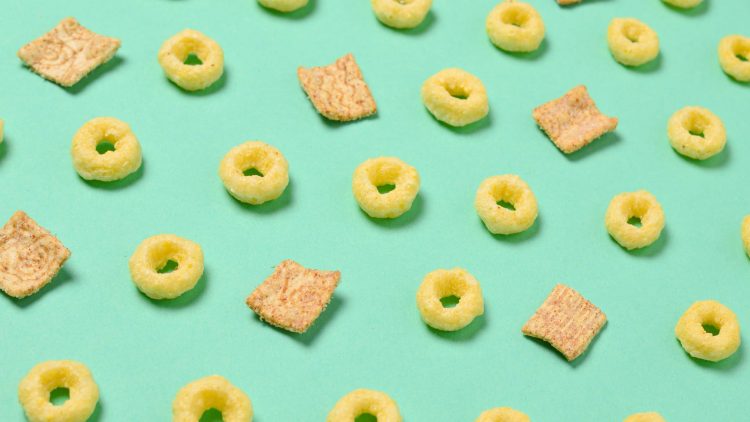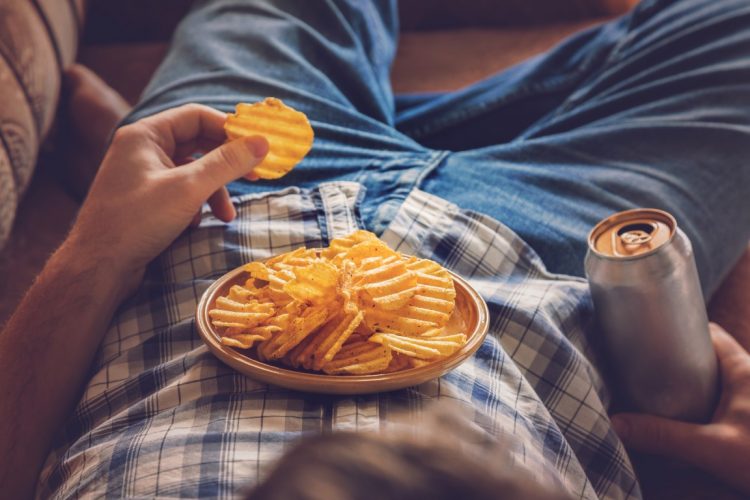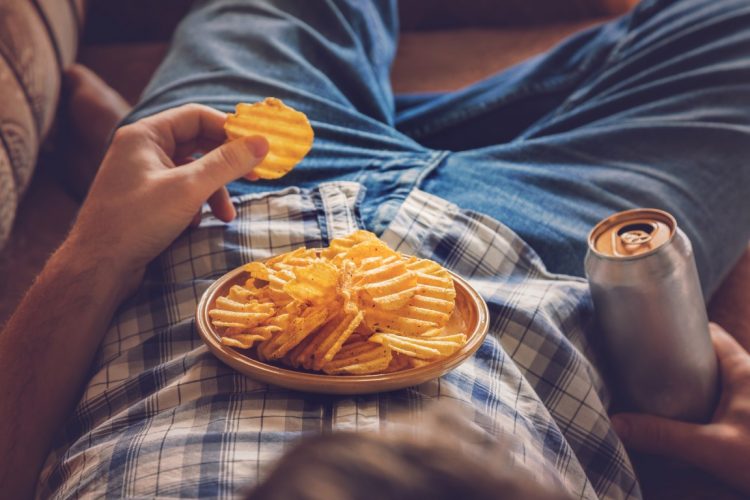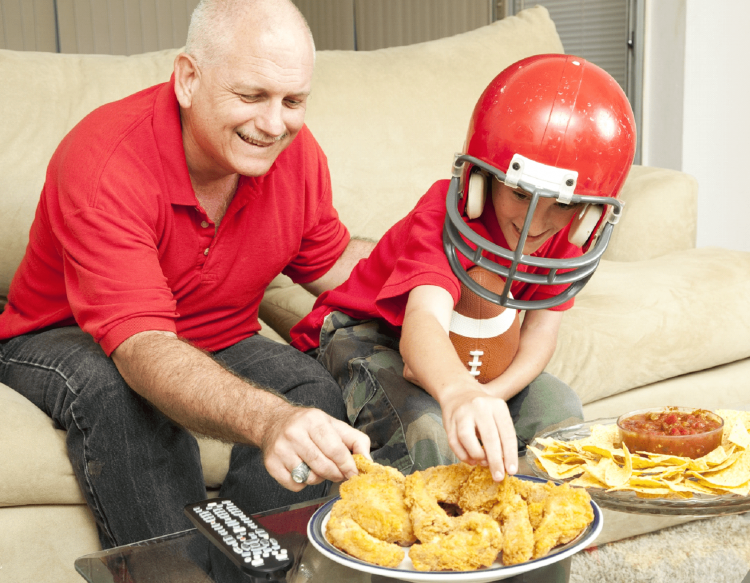Binge eating disorder often goes unrecognized until it becomes severe. Many sufferers don't realize they need help until it's too late. If these signs resonate with you, consider seeking professional guidance. BED involves eating abnormally large quantities in short periods, often beyond fullness. It takes 20 minutes for your brain to register satiety - eating past this point regularly may indicate a problem. When food becomes about comfort rather than taste, it creates a dangerous cycle. Consider replacing unhealthy snacks with Teetoo's nutritious alternatives that satisfy cravings healthily. Frequent bingeing often leads to rapid weight gain as the body stores excess calories. Healthier options like multigrain bites and bread nuggets can help manage portions while satisfying cravings. Stashing food and eating in isolation are red flags. If you find yourself hiding eating habits, consider switching to healthier snack options you wouldn't feel ashamed to enjoy openly. Constant thoughts about food coupled with body dissatisfaction can signal disordered eating. Professional help combined with mindful eating practices can restore a healthier relationship with food. If you recognize these signs in yourself or a loved one, reach out for professional support. Small changes like healthier snacking can be the first step toward recovery. 
1. Consuming Large Amounts Quickly
2. Eating Without Enjoyment

3. Unexplained Weight Fluctuations
4. Secretive Food Hoarding
5. Negative Body Image Obsession

 Blog Details
Blog Details































